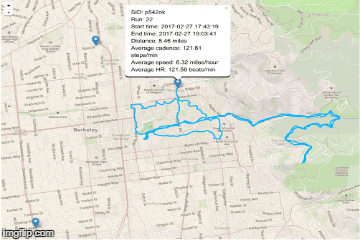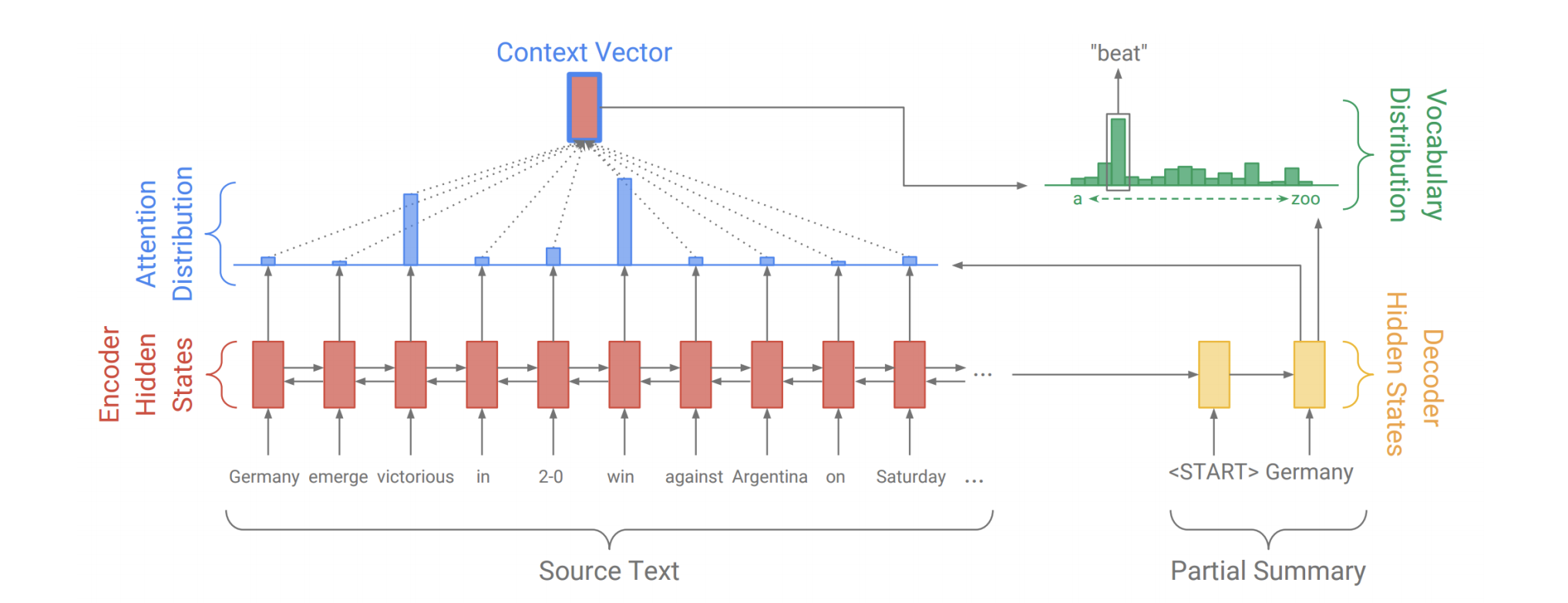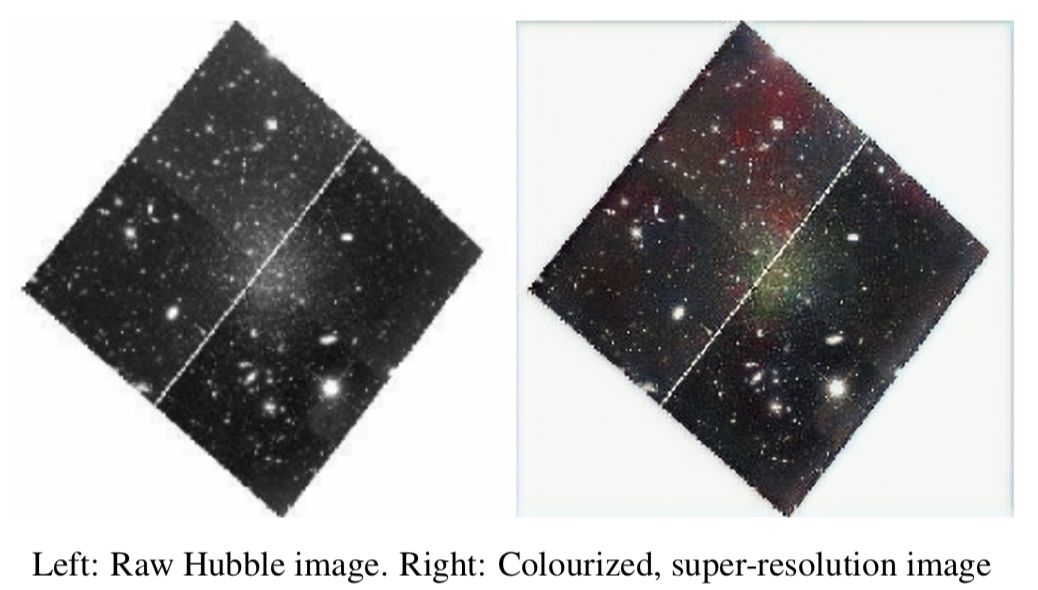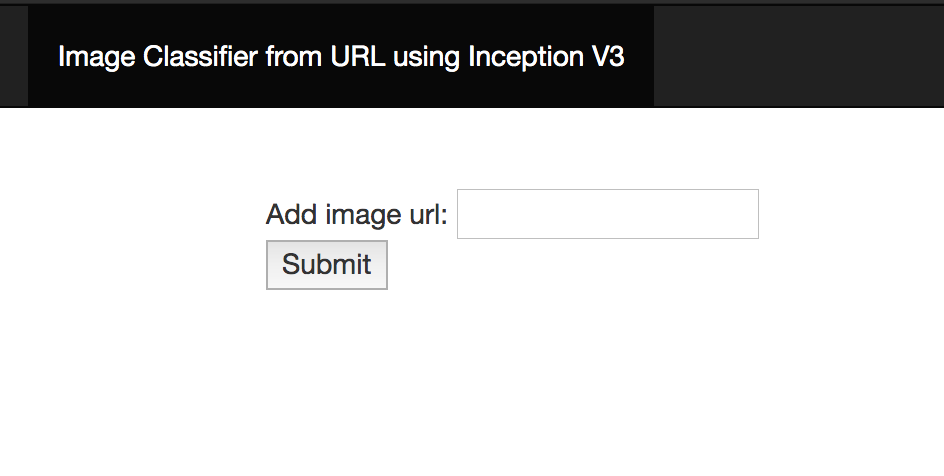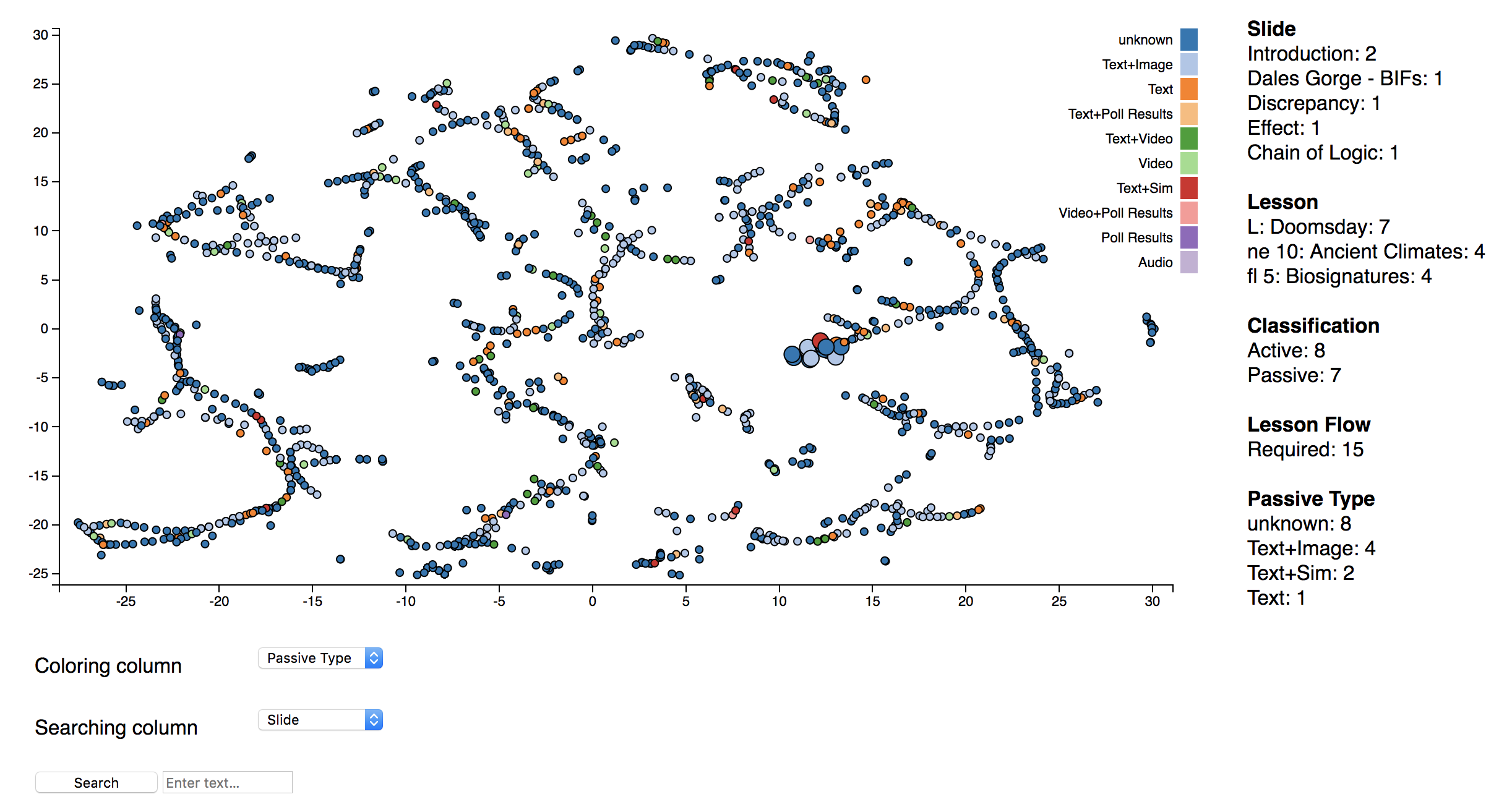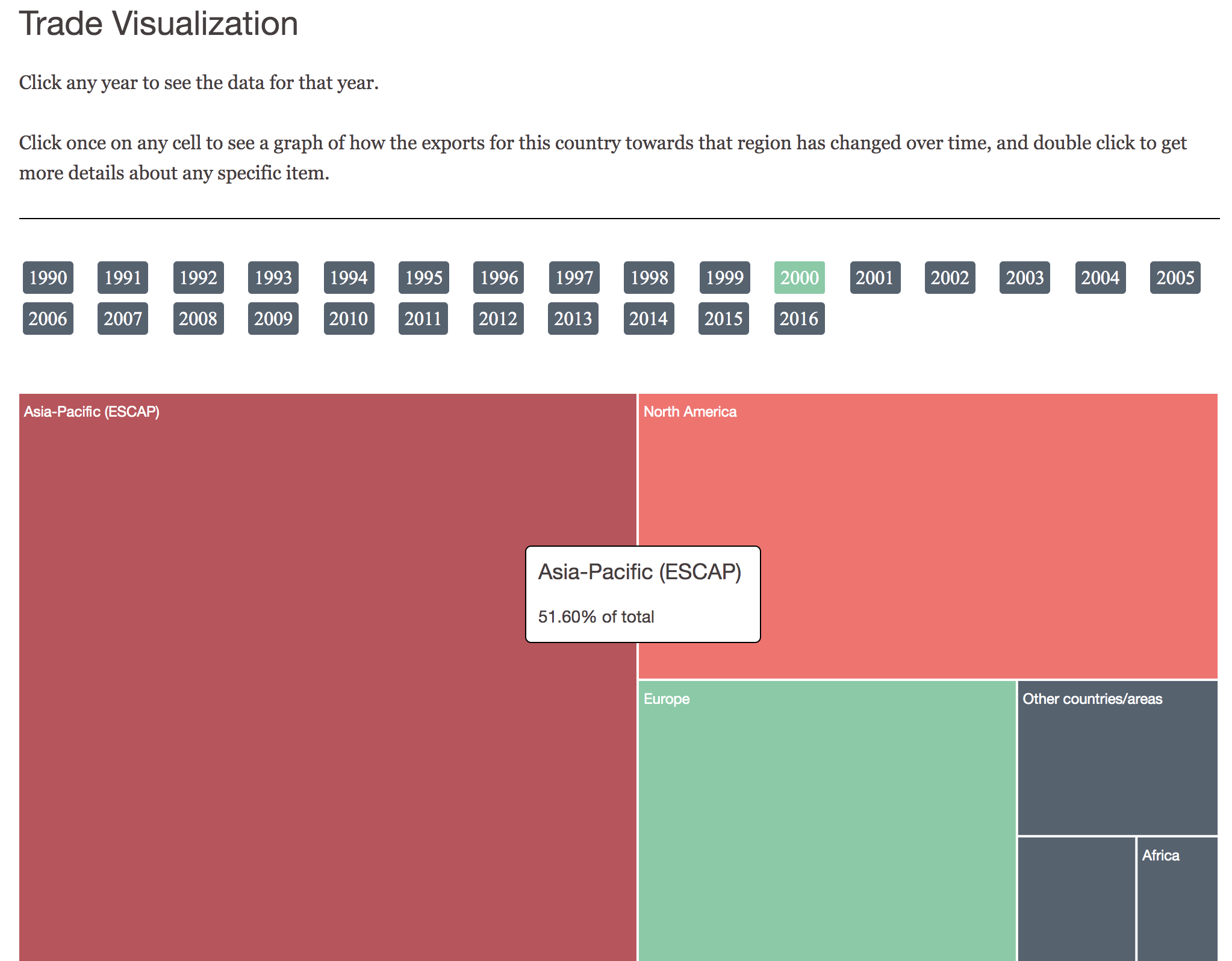|
I analyze data and build things. Computer Science @ Stanford Github | Email | Resume | LinkedIn | Google Scholar | SoundCloud |

|
|
|
|
Zachary Pardos, Scott Farrar, John Kolb, Gao Xian Peh, Jong Ha Lee Proceedings of the 13th International Conference of the Learning Sciences (ICLS 2018). London, UK Using answer sequence data from three Khan Academy exercises, we generate high-dimensional vector representations of incorrect student answers using a model of distributed representation more commonly applied to natural language. After clustering wrong answers in the learned vector space, we use these clusters as the basis for analysis of student misconceptions with a quantitative comparison to manual coding and a deeper qualitative discussion based on a constructivist framework. Project Page | Paper |
|
Daniel Aranki, Gao Xian Peh, Gregorij Kurillo and Ruzena Bajcsy Sensors: Special Issue "Smart Sensing Technologies for Personalised Coaching" In this paper, we present the results and user feedback from a feasibility study that we have conducted on RunningCoach. RunningCoach is an mHealth system that remotely monitors running cadence levels of runners in a continuous fashion, among other variables, and provides immediate feedback to runners in an effort to help them optimize their running cadence. Project Page | Paper |
|
Daniel Aranki, Uma Balakrishnan, Hannah Sarver, Lucas Serven, Carlos Asuncion, Kaidi Du, Caitlin Gruis, Gao Xian Peh, Yu Xiao, Ruzena Bajcsy Proceedings of the 11th International Conference on Pervasive Computing Technologies for Healthcare (Health-i-Coach), 2017 In this paper, we present an mHealth system that remotely monitors running cadence levels of runners in a continuous fashion, among other variables, and provides immediate feedback to runners in an effort to help them optimize their running cadence. We also present some initial findings based on a feasibility study we are currently conducting using this system. Project Page | Paper |
|
|
|
Soheil Esmaeilzadeh, Gao Xian Peh, Angela Xu In this work, we study abstractive text summarization by exploring different models such as LSTM-encoder-decoder with attention, pointer-generator networks, coverage mechanisms, and transformers. Upon extensive and careful hyperparameter tuning we compare the proposed architectures against each other for the abstractive text summarization task. Finally, as an extension of our work, we apply our text summarization model as a feature extractor for a fake news detection task where the news articles prior to classification will be summarized and the results are compared against the classification using only the original news text. Paper |
|
Gao Xian Peh, Kai Marshland Ordinarily processing raw images from the Hubble Space Telescope is a timeconsuming manual process. We investigate how to do two core tasks in the image processing pipeline automatically, namely colourization followed by superresolution. We connect a residual encoder network for colourization to a generative adversarial network for super-resolution so as to produce high-quality, coloured final images. Paper |
|
Image Classifier from URL using Inception V3. Built with Keras, Tensorflow and Flask. Deployed on Heroku. For example, try this URL of a Samoyed Dog in my app: https://images.pexels.com/photos/356378/pexels-photo-356378.jpeg Github | Demo |
|
Scatterplot Visualizer used to analyze outputs from the TSNE Clustering Algorithm. Github | Demo |
|
Trade Map Visualization for China. Worked on this project as a consultant for the United Nations. Github | Demo |


